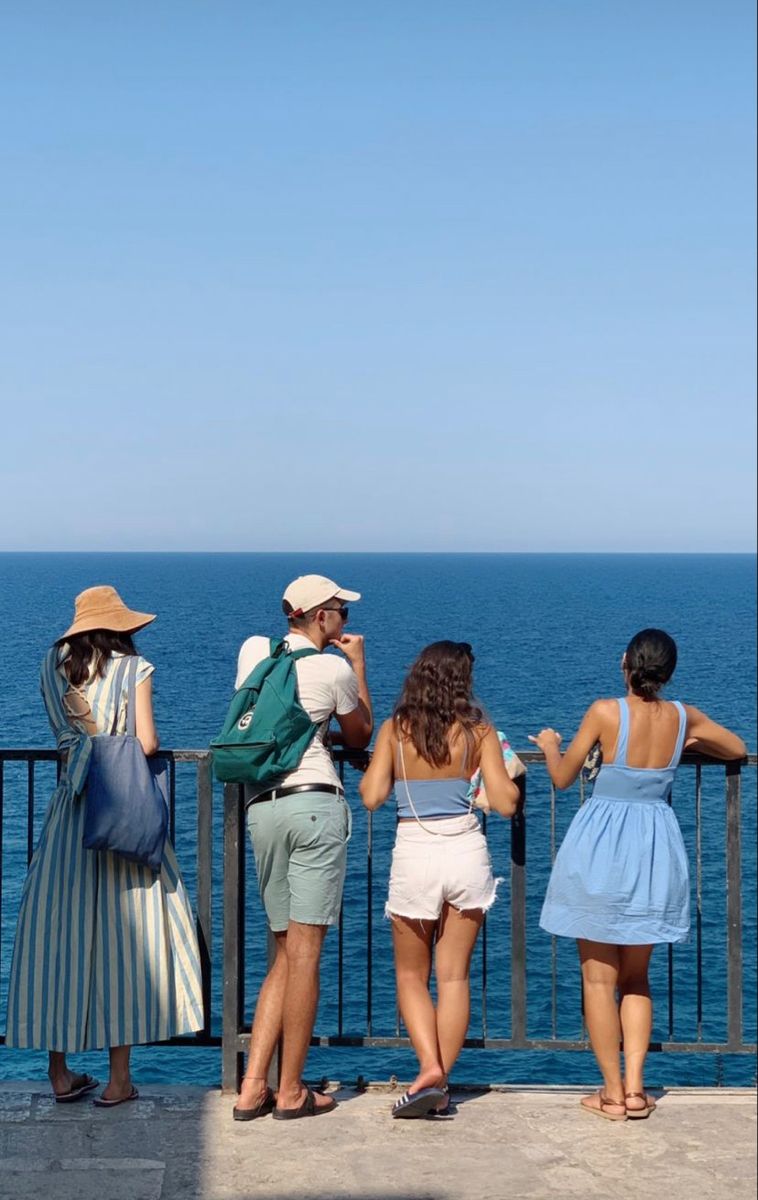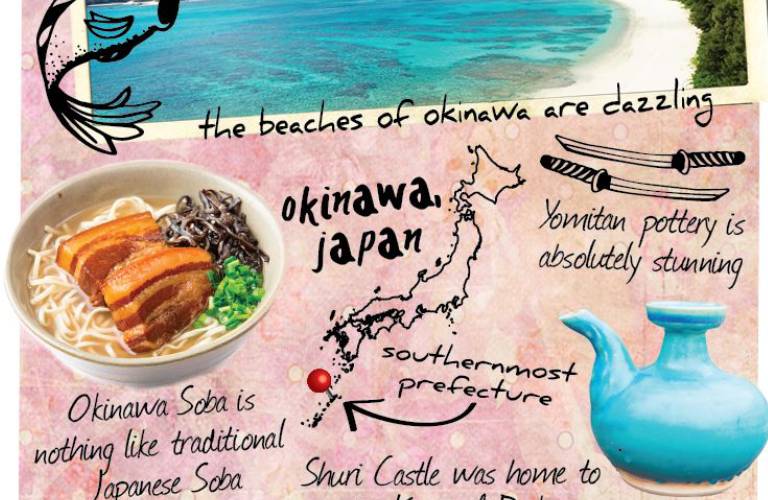It was my third day in Okinawa and I’d already tried every variation of ramen I could get my hands on. My plan that morning was simple: wander until my feet hurt, find a spot for coffee, and then maybe, just maybe, talk to some locals.
But Okinawa had other plans.
While strolling through a quiet street lined with shophouses painted in pastel blues and sun-faded yellows, I noticed an old man sitting outside a tiny wooden store. No signboard, no flashy display — just a low stool, a broom leaning on the wall, and him… quietly sipping tea from a small ceramic cup.
He noticed me. Gave the slightest nod. Not the “come talk to me” nod. More like “I see you, traveller, but I’m not in a rush to know you.”
I don’t know why, but I stopped.
“Hello,” I said.
He smiled, then looked away.
Silence.
It felt awkward. My brain instantly started pulling up small-talk topics like some desperate Google search:
Nice weather, huh?
Do you live here?
Is that tea good?
But every question felt unnecessary. So I just stood there, watching the morning unfold.
A stray cat walked past. Two women chatted softly as they carried vegetables home. A delivery guy rode by on a squeaky bicycle. And still… the old man sipped his tea.
After what felt like an eternity — but was probably five minutes — he reached for a second cup, poured tea, and handed it to me without a word.
We drank together. No questions. No stories. Just tea and the sound of the wind.
When I finally broke the silence and asked, “Don’t you get bored sitting here?”
He chuckled. “If you’re bored, you’re not listening.”
That’s when it hit me.
He wasn’t “doing nothing.” He was doing everything I usually skip — noticing the hum of the street, the taste of the tea, the weight of a pause.
In my world, conversations often feel like races. Who speaks faster? Who tells the funniest story? Who makes the smartest point?
But here was this man, showing me that sometimes, connection doesn’t need a punchline. Sometimes, presence is louder than words.
When I got up to leave, he finally said something more.
“Come back tomorrow. We’ll drink tea again.”
I never did. My trip moved on, my days filled with more temples, beaches, and bustling city streets. But I carried his words — and his quiet — with me.
Back home, I started noticing how often I filled space with noise. How my friends and I couldn’t let a pause hang in the air without someone cracking a joke or checking a phone.
Now, every so often, I try to recreate that morning in Okinawa. I’ll sit somewhere with a cup of coffee, keep my phone away, and just… listen. To the café chatter. To my own breathing. To the stranger at the next table who smiles without saying a word.
And it’s strange — but in those moments, I feel more connected than I do in a lot of my loudest conversations.
Maybe that’s what the grandpa was trying to teach me. That silence isn’t empty. It’s full. Full of the things we’re too distracted to hear.
If you ever find yourself in Okinawa, I hope you stumble upon that quiet street. But even if you don’t, remember this: the world is speaking. Sometimes the best way to join the conversation… is to shut up and listen.







